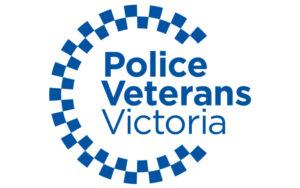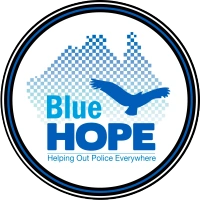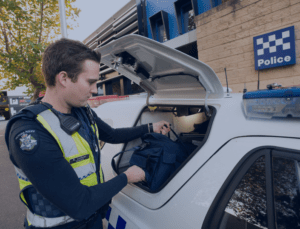Overview
Police officers work in an environment that is often stressful and physically demanding which means our body’s natural response is to produce hormones such as adrenaline and cortisol. When this natural response becomes unregulated due to long term exposure to stress it can and sometimes does lead to anxiety.
Likewise, family members of police officers may also feel stressed when living with a loved one who is working long hours, rotating shifts and who may be experiencing trauma in the workplace. The added pressures of a partner being away from home in possibly dangerous working environments can impact on family via regularly feeling worried and covering extra home commitments which add further stress on partners and sometimes children.
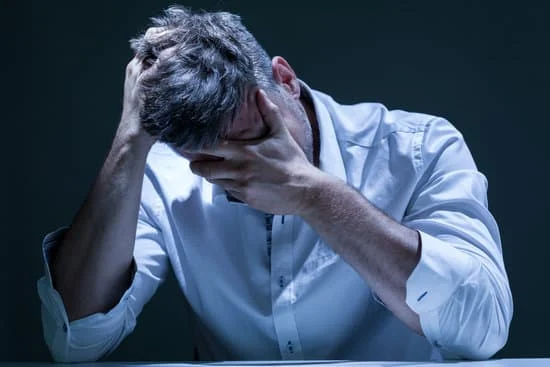
Feelings of stress will accordingly come and go and may dissipate when the body moves into the rest and restore mode where the parasympathetic nervous system kicks in. Simply stopping, taking a few long slow breaths, meditating or talking about the stressful situation or thoughts to a trusted colleague, friend or family member may resolve the physical feelings of anxiety however the impact of everyday work life combined with family issues and life pressures may result in the need to seek professional help.
There are several avenues to seeking support, attending your GP at the first instance and discussing the issues around work life balance will assist your doctor to assess what type of support may be required. A referral via a mental health plan is an option to commence a series of counselling sessions preferably with a suitably trauma informed clinician who understands police culture.
Otherwise, contacting your state jurisdiction Employee Assistance Program can also assist with counselling or making an appointment to speak with your state chaplaincy service can be helpful.
To identify when anxiety may be an issue and it might be appropriate to seek further assistance the following list of symptoms and signs can be helpful to look out for:
- Difficulty concentrating
- Unnecessary worries or concerns that continue to pop into your mind
- Difficulty falling to sleep or staying asleep
- A general feeling of being unable to relax
- Keeping yourself busy all the time
- Avoiding places or people
- Feeling irritable, annoyed or restless
- Avoiding family and friends
- Feeling shaky or experiencing sweaty palms
- Frequent headaches, migraines or muscle aches
- Feeling your heart racing
- Shortness of breath
- Panic attacks
- Feelings of impending doom
Step-By-Step
When should I consider seeing my GP?

Anxiety starts to impact your daily work and home life
Feelings of panic become noticeable to the point where you can't relax or you feel you need to run away
You notice your heart pounding, shortness of breath and a general feeling of impending doom
What is the next steps when seeing my GP?

Making an appointment with your GP and explaining your symptoms will assist your Doctor to understand your feelings and what may be the underlying cause
Your GP will generally ask you to fill out a number of questionnaires to assist with assessing your condition
You may then be referred to an appropriate health clinician for further diagnosis, medication or counselling
In the meantime, it may help to reduce Caffeine, Alcohol and Non Prescription Medication
Content for anxiety or depression
 10 Jun 2022
10 Jun 2022
Addictions
Addictions are formed when substances or behaviours become unhealthy and start to impact function levels.
 03 Apr 2022
03 Apr 2022
BeachShack Breathing - Yoga and Breath Practice for Serving and Former Police Based in Wollongong NSW
Kate Kilby is a former police officer and yoga teacher based in Wollongong, NSW offering breathing and yoga practice to assist serving and former police to find peace, recovery and hope.
 30 Mar 2022
30 Mar 2022
Benevolent society
At The Benevolent Society, we put people first and work together as one to meet our vision of a just society where all Australians can live their best life.
 03 Apr 2022
03 Apr 2022
Blue Space (Victoria)
Mental health, resilience, relationship, and wellbeing information via website resources for Victorian Police employees, families, and friends.
 03 Apr 2022
03 Apr 2022
Children of Parents With a Mental Illness (COPMI)
Resources and services for parents and the children of parents with a mental illness. Tips and resources on how to parent with a mental illness and understanding your health needs with links to online forums, services and supports and a community services directory.
 20 Aug 2024
20 Aug 2024
Everymind
Everymind is a leading institute dedicated to the prevention of mental ill-health and suicide. Everymind runs several programs which may be helpful for serving and former police, and their families and friends including;
Minds Together is for partners, spouses, family members, friends and colleagues who support someone experiencing mental health concerns or suicidal distress in Australia. Our programs and resources will help you support your family member or friend and will also help you look after yourself so you can be there for them. Visit the Minds Together portal
 17 Nov 2021
17 Nov 2021
Man Therapy
Resources including videos on topics that effect men or those with a man in their life they are concerned about. Topics include, addictions, anxiety, depression, divorce, relationship and sex, teenage children’s issues, sleep, trauma, grief and anger. First responders are included in videos and resources.
 17 Nov 2021
17 Nov 2021
Mensline Australia
Mensline Australia offers 24/7 counselling support via telephone and online to men across Australia. Resources and information is also available to enhance relationships, help with addictions, understanding anxiety, separation and divorce and dealing with general stress.
 27 Sep 2023
27 Sep 2023
Mentality Plus
Mentality plus is run by Craig Semple who is a former police officer with lived experience of PTSD and associated mental health conditions. He is fully accredited and culturally sensitive to police and provides mental health first aid training and programs to create mentally healthy and resilient workplaces, mental health motivational presentations, workplace health and wellbeing programs and mental health and resilience for students.
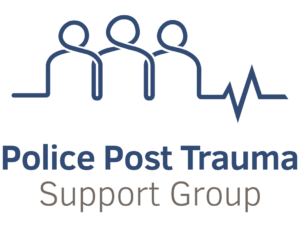 03 Apr 2022
03 Apr 2022
Police Post Trauma Support Group Inc (NSW)
Peer to Peer trauma support and referrals for NSW serving and former police and their families, monthly face to face meetings, crises intervention, chaplaincy, and spouse support services via an independent non for profit charity. Financial support is also available for necessitous circumstances and to attend mental health programs for those police and families without insurance cover.

 Exit
Exit
